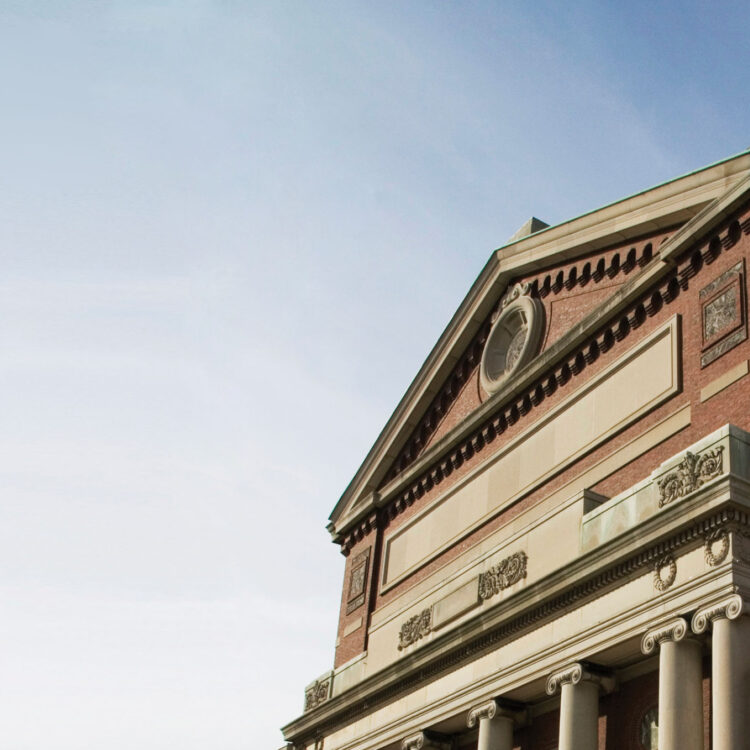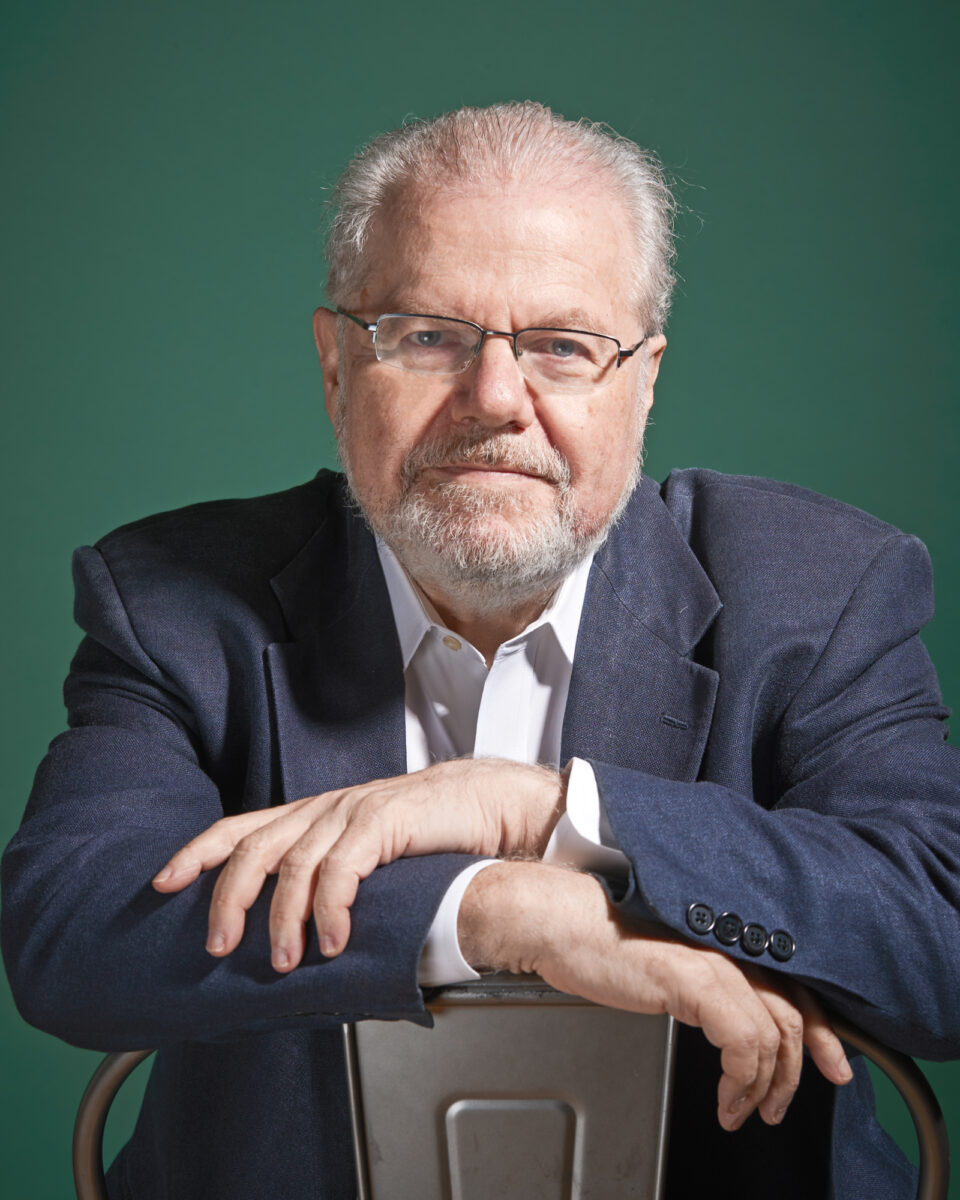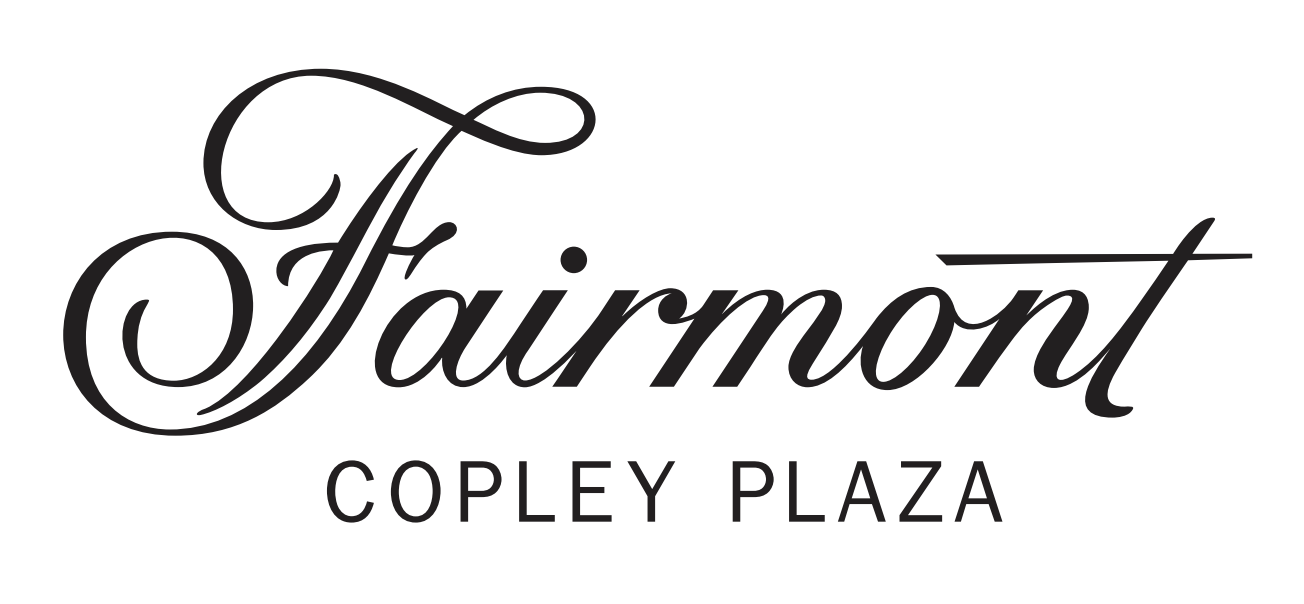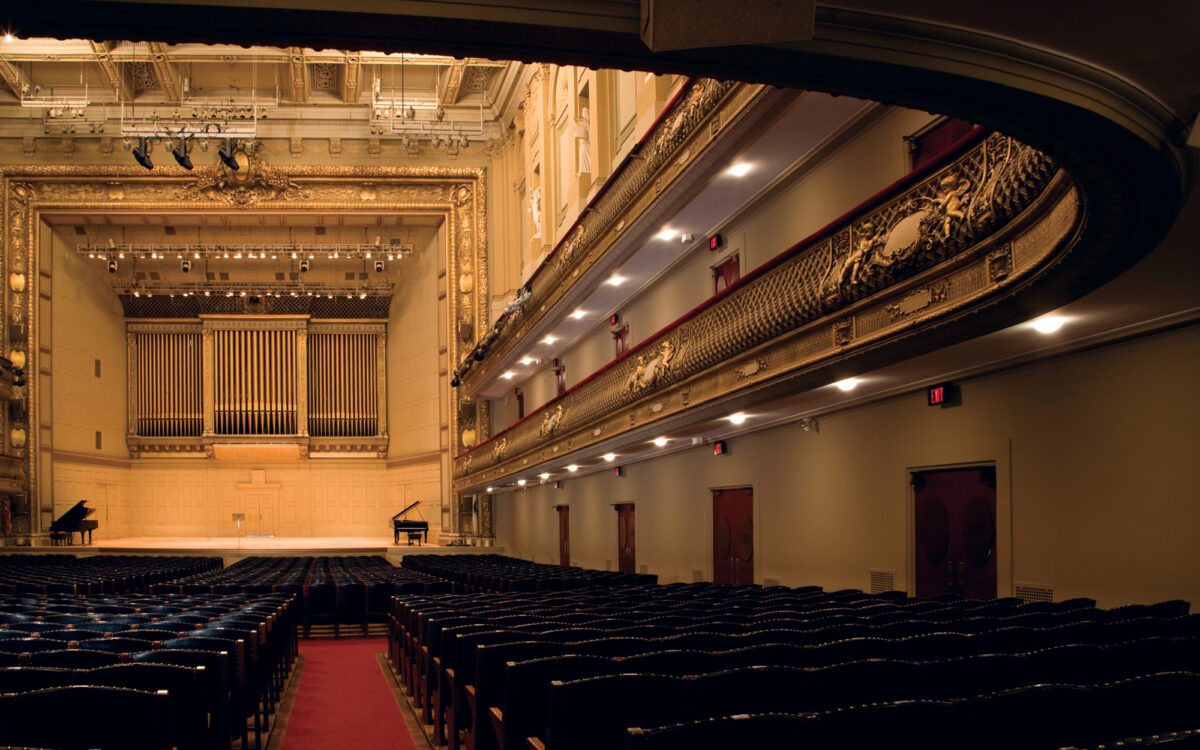Andrés Orozco-Estrada conducts Bartók, Enescu, Mozart, and Tchaikovsky with Emanuel Ax, piano

Boston Symphony Orchestra
Symphony Hall, Boston, MA
Colombian conductor Andrés Orozco-Estrada in his BSO debut is joined by American pianist Emanuel Ax for Wolfgang Mozart’s high-spirited Piano Concerto No. 18. The familiar, yearning Romeo and Juliet Overture is one of several works Pyotr Tchaikovsky based on Shakespeare plays. Hungarian composer Béla Bartók’s lurid Miraculous Mandarin Suite and the Romanian French composer George Enescu's folk music inspired Romanian Rhapsody both make exciting and colorful demands on the orchestra.
Performance Details
Oct 13, 2022, 7:30pm EDT
Program Notes & Works
Romeo and Juliet, Overture-Fantasy after Shakespeare
Pyotr Tchaikovsky’s Romeo and Juliet, Overture-Fantasy after Shakespeare was the composer’s musical response to the titular play, which features dramatic contrasts between love and violent strife and between personal fate and social expectation. Tchaikovsky opposes his aggressive theme of conflict w...
Piano Concerto No. 18 in B-flat, K.456
Mozart’s sophisticated Piano Concerto No. 18 in B-flat, with its emotionally intense slow movement, was one of a string of piano concertos Mozart used as his main calling-card in becoming the most important composer in Vienna before turning his attention to opera.
Suite from The Miraculous Mandarin
Béla Bartók’s ballet score The Miraculous Mandarin is an orchestral kaleidoscope depicting the ballet’s lurid, supernatural narrative of kidnapping and murder. Bartók’s unique sound-world, fully on display here, was deeply colored by his study of Central European folk music as well as by the Europea...
Romanian Rhapsody No. 1
George Enescu composed his enormously popular Romanian Rhapsody No. 1 when he was just 19 years old, drawing on his prodigious musical memory to create a sparkling orchestral medley of traditional Romanian folksongs he had heard and played as a child.











